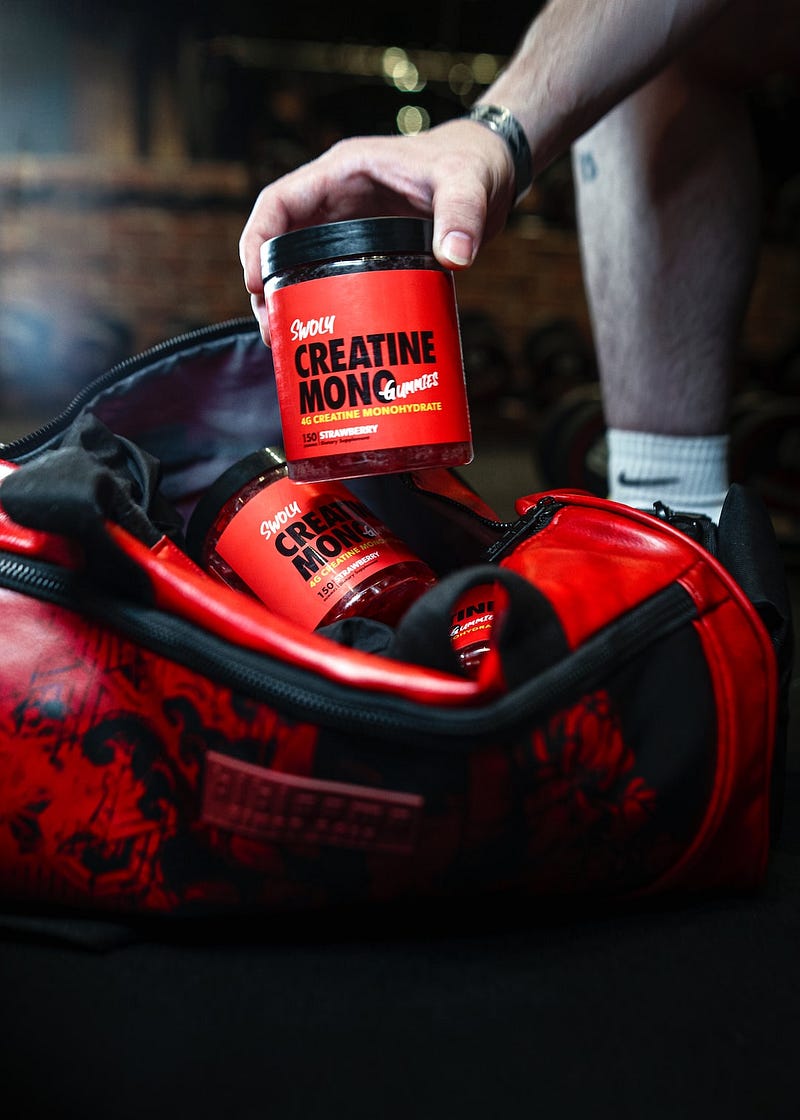The Truth Behind Sports Supplements: Are They Worth It?
Written on
Understanding the Supplement Dilemma
Sports supplements exist in a peculiar realm of the fitness industry. It's nearly impossible to visit a gym without being bombarded by recommendations for various supplements, often touted as miraculous enhancers for your fitness journey. The market is saturated with extravagant claims, suggesting that a simple pill or powder can significantly boost your health almost overnight.
However, this landscape is riddled with issues, primarily concerning the regulation of these products. Consumers often have to rely on manufacturers' assertions that their products contain the claimed ingredients and deliver the promised effects.
A recent study highlights the troubling reality that many sports supplements may not contain the ingredients they advertise. Alarmingly, some supplements may have no active components whatsoever, while others might include banned substances.
The Research Findings
The recently published study in the Journal of the American Medical Association Network Open involved a brief yet revealing examination of sports supplements. The researchers procured 63 different supplements that were supposed to contain five specific ingredients:
- Rauwolfia Vomitaria, believed to enhance performance
- Methylliberine, thought to boost alertness
- Turkesterone, marketed for weight management
- Halostachine, claimed to have a range of health benefits
- Octopamine, a mild stimulant
Rather than analyzing the efficacy of these ingredients, the researchers focused on a more straightforward question: Do these supplements contain what they claim? After excluding six products, they tested 57 and uncovered significant discrepancies.

The results were shocking for the supplement industry. Out of the tested products, 23—nearly 40%—did not have any of the listed ingredients. Furthermore, 28 products (49%) contained incorrect amounts, ranging from 0.02% to 334% of the stated quantity. Only six products (11%) accurately contained the declared ingredients in the amounts specified on their labels. This means that around 90% of consumers purchasing these sports supplements were misled.
Even more concerning, seven of the supplements included illegal ingredients, including four different stimulants that are prohibited in competitive sports. This raises the risk that consumers could unknowingly violate competition regulations by using these products.
There are nuances to this study. Most methylliberine supplements did contain the ingredient in doses close to what was advertised, and none were tainted with illegal stimulants. However, none of the Rauwolfia Vomitaria products contained the stated ingredient, and at least one had dangerously high levels of the banned stimulant octodrine. While some supplements may be safer than others, the overall picture remains bleak.
It's important to note that this study has its limitations. It examined a small, non-random sample, and the specific supplements tested were not disclosed. Therefore, the findings cannot necessarily be generalized to all sports supplements available.
Nonetheless, given the lack of regulation, it is likely that this issue extends beyond just the tested products. Consumers face a significant challenge in determining whether they are purchasing a harmless powder, an overdose, or a product containing illegal stimulants. With no independent oversight, it's nearly impossible for buyers of these pricey supplements to ascertain their safety and reliability.
Exploring the Wastefulness of Protein Powder
The first video, "Protein Powder is a Waste of Money (DUMB!)", delves into the misconceptions surrounding protein supplements and whether they truly provide value.
Skepticism Towards Supplements
In general, I approach the topic of supplements with caution. For the average person, there are few compelling reasons to incorporate additional supplements into their diet unless they struggle to meet their micronutrient needs. This is especially true for sports supplements; the only individuals who may genuinely benefit from protein supplements are elite athletes who engage in over four hours of exercise daily.

If you decide to take a supplement, the fundamental expectation is that it contains what it claims and does not pose any health risks. Unfortunately, the evidence suggests that this is not a guarantee. This issue is not new; for over a decade, studies have shown that many sports supplements are contaminated. Each year, we hear stories of new research revealing the potential dangers of these products. It is perplexing why this industry lacks stringent regulations despite its evident pitfalls.
While I won’t outright advise against purchasing supplements from your local shop, my recommendation is to choose a reputable brand that routinely tests its products and discloses the results. Although many supplements may still be ineffective, at least you'll know you're receiving what you paid for.
Protein Powder vs Real Food for Building Muscle
The second video, "Protein Powder vs Real Food for Building Muscle | Are Supplements a Waste of Money?", compares the benefits of protein supplements versus whole foods for muscle building.